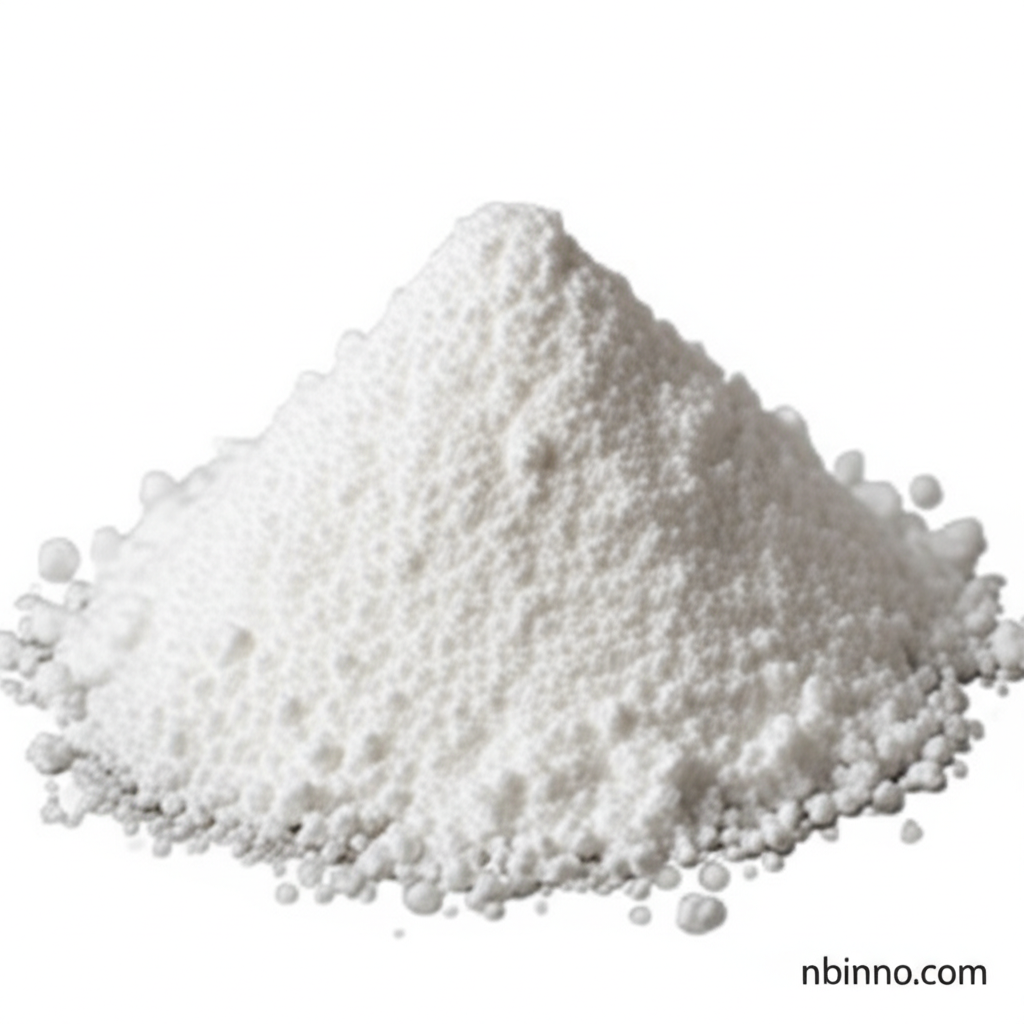Microcrystalline Cellulose: The Versatile Excipient for Enhanced Pharmaceutical Formulations
Discover the indispensable role of Microcrystalline Cellulose in revolutionizing pharmaceutical, food, and cosmetic products.
Get a Quote & SampleProduct Core Value

Microcrystalline Cellulose Powder
Microcrystalline Cellulose (MCC) is a highly purified, partially depolymerized cellulose derived from plant pulp. Its unique physicochemical properties, including exceptional compressibility and binding capabilities, make it a cornerstone excipient in the pharmaceutical industry. It is widely used to enhance tablet integrity, improve drug solubility, and facilitate controlled release, offering a versatile solution for a myriad of formulation challenges.
- Introduction to Microcrystalline Cellulose: Understanding the benefits of microcrystalline cellulose in pharmaceutical formulations, highlighting its role in improving tablet quality and patient compliance.
- MCC as a Binder and Filler: Exploring how MCC acts as a strong binder and effective filler, crucial for direct compression and wet granulation processes, ensuring tablet strength and uniformity.
- Applications of Microcrystalline Cellulose: Detailing the diverse applications of MCC beyond pharmaceuticals, including its use in food as a stabilizer and in cosmetics as a texturizer.
- Manufacturing and Properties of MCC: Discussing the microcrystalline cellulose manufacturing process and key properties like particle size, density, and moisture content, which influence its performance.
Advantages of Using Microcrystalline Cellulose
Enhanced Tabletability
The superior compressibility of microcrystalline cellulose ensures tablets with excellent mechanical strength and reduced friability, a key aspect of microcrystalline cellulose pharmaceutical excipient benefits.
Improved Drug Delivery
MCC aids in enhancing drug solubility and facilitates controlled release, contributing significantly to the overall therapeutic efficacy of medications.
Manufacturing Efficiency
Its excellent flow properties and compatibility with various processes, such as direct compression, streamline manufacturing and reduce production costs.
Key Applications
Pharmaceuticals
Utilized as a binder, filler, and disintegrant in tablets and capsules, critical for direct compression and improving drug bioavailability.
Food Industry
Serves as a fat replacer, stabilizer, and anti-caking agent in processed foods, enhancing texture and stability.
Cosmetics
Functions as a bulking agent, texture enhancer, and absorbent in skincare products, makeup, and personal care items.
Nutritional Supplements
Commonly used in dietary tablets and capsules to ensure consistent dosing and facilitate disintegration for optimal nutrient absorption.
